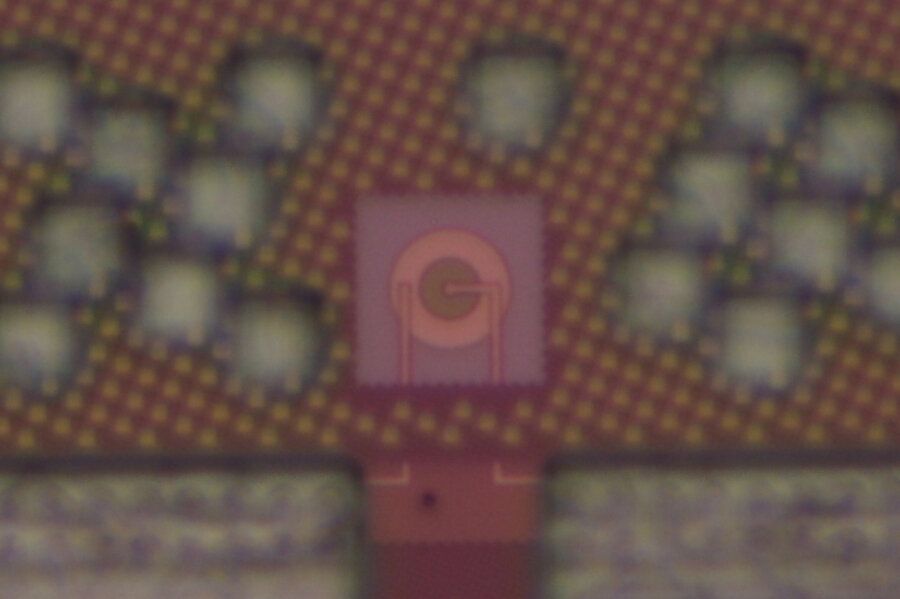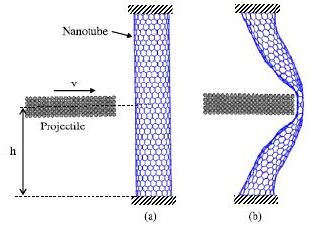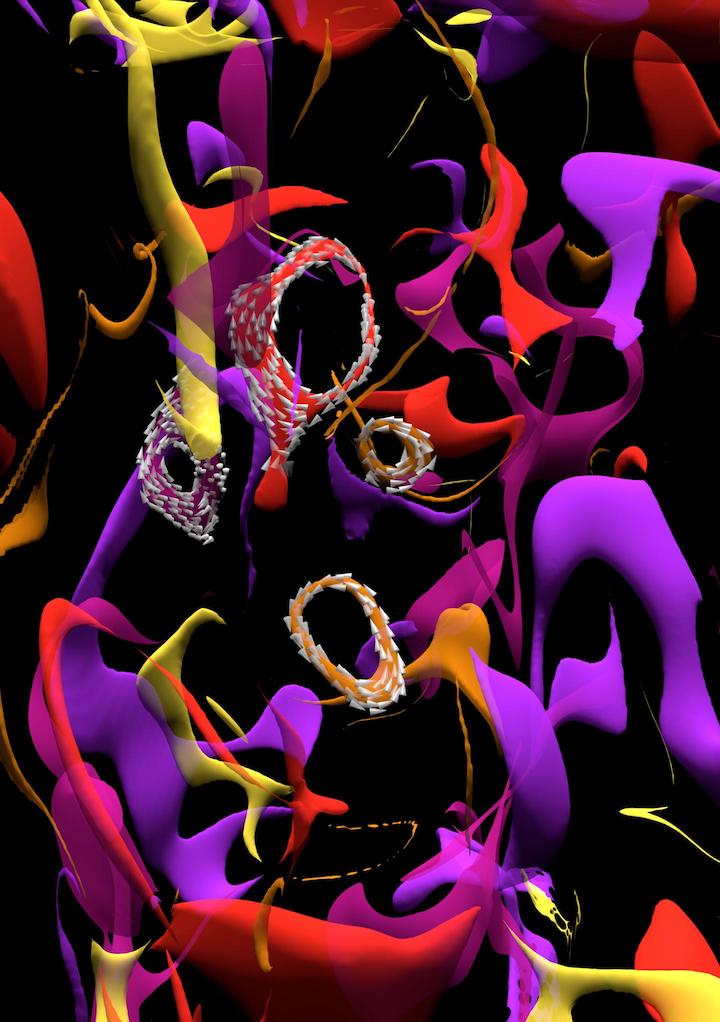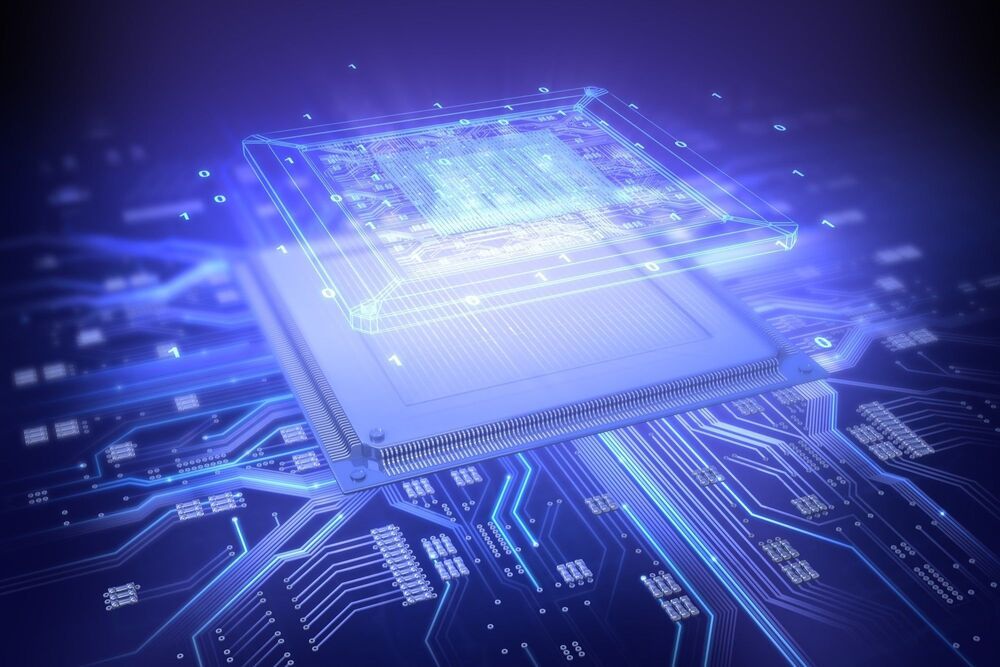Am I reading this wrong? Sunelight is literally a cure / weapon against corona? Or am I missing something / making an incorrect logical link?
Researchers from Tel Aviv University (TAU) have proven that the coronavirus can be killed efficiently, quickly, and cheaply using ultraviolet (UV) light-emitting diodes (UV-LEDs). They believe that the UV-LED technology will soon be available for private and commercial use.
This is the first study conducted on the disinfection efficiency of UV-LED irradiation at different wavelengths or frequencies on a virus from the family of coronaviruses. The study was led by Professor Hadas Mamane, Head of the Environmental Engineering Program at TAU’s School of Mechnical Engineering, Iby and Aladar Fleischman Faculty of Engineering. The article was published in November 2020 issue of the Journal of Photochemistry and Photobiology B: Biology.
“The entire world is currently looking for effective solutions to disinfect the coronavirus,” said Professor Mamane. “The problem is that in order to disinfect a bus, train, sports hall, or plane by chemical spraying, you need physical manpower, and in order for the spraying to be effective, you have to give the chemical time to act on the surface. Disinfection systems based on LED bulbs, however, can be installed in the ventilation system and air conditioner, for example, and sterilize the air sucked in and then emitted into the room.







